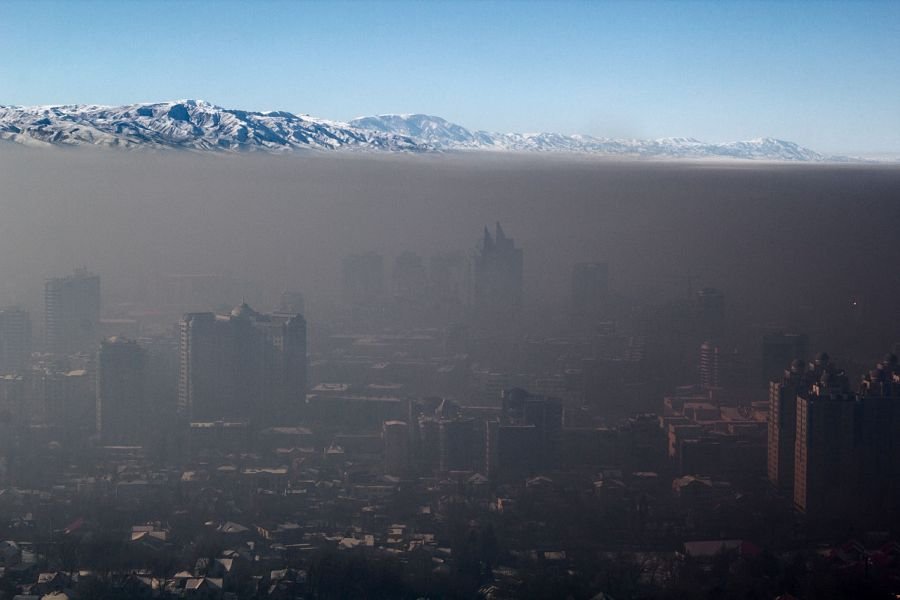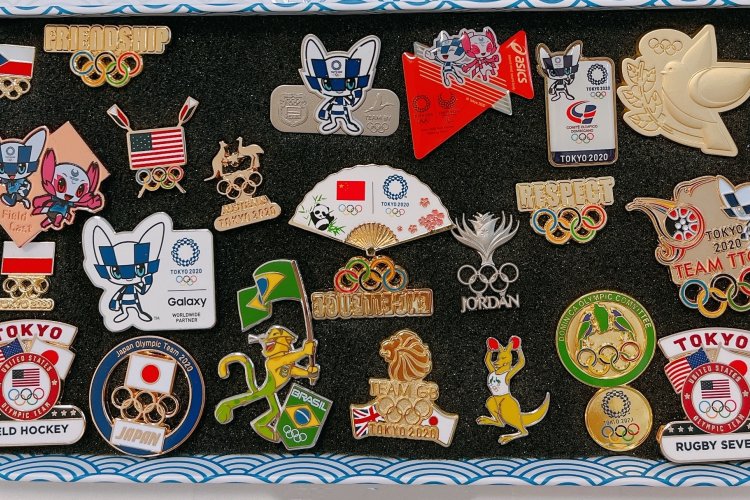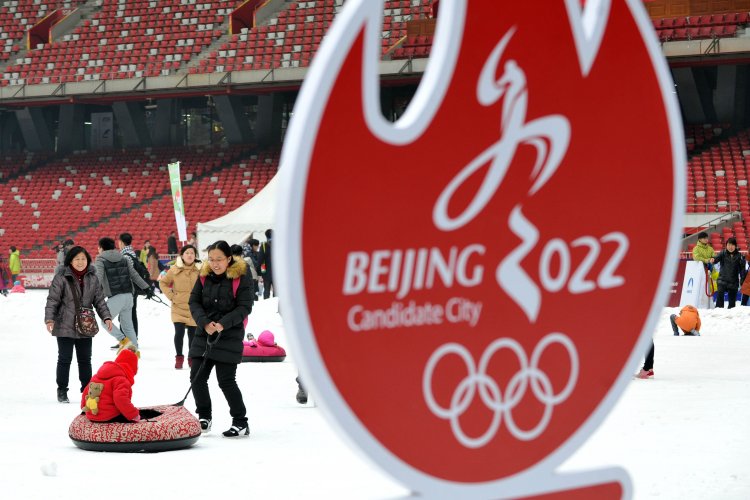Beijing Downgrades its 2022 Olympic Hosting Chances to 50-50
China's state-run press is occasionally good for unintentionally amusing statements, but a comment in Wednesday's Global Times regarding Beijing's prospects for hosting the 2022 Winter Olympics left us shaking our heads more than holding our sides.
"'I think it's 50-50 against Kazakhstan's Almaty,' said Wei Jizhong, a former Chinese Olympic Committee vice president who had also been the world volleyball chief for four years. 'Both cities have the capability to host the Games. And the question is, which city is more suitable for the 2022 Winter Games.'"
Wow. The profundity.
We'll ignore Mr. Wei's non-statement and focus a bit more on the backpedaling: this is an odd statement of modesty for a place that has been considered the front-runner since everyone except Almaty dropped from the race to host the 2022 games.
It also comes on the heels of the IOC's recently completed inspection tour of Almaty, in which the city was not only declared a viable Olympic city, but also praised for cutting the budget for hosting the games by USD 100 million by economizing on new venue construction.
Almaty's bid was also lauded its "compact" nature and for the fact that most venues either already exist or are already under construction.
Check this quote from Olympic blog GamesBids: "From the Evaluation Commission’s luxury lounge vantage point on the 30th floor of the Almaty Ritz Carlton Hotel, a proposed IOC hotel, the Ski Jump venue is so close that live events can be watched and enjoyed – and 7 other venues are visible from the same window."
This comes as a shot across the bow of Beijing's bid, which is spread out over three areas of Beijing and will require the construction of new high-speed railways just to make the venues within 50 minutes' commute of each other.
With the IOC due to make their Beijing tour at the end of March (and a decision on the bid due at the end of July), we're also beginning to wonder if Beijing's chances of hosting the games have diminished.
Since we forecast Beijing as the obvious winner exactly one year ago today, there's been a seismic shift in International Olympic Committee (IOC) logic and decision-making, based on the fallout from the exorbitant cost of last year's Sochi games and the debacle that has been the 2022 Winter bid, where four of six initial bidders declared they had no longer had an interest in absorbing the cost of hosting the games.
Whereas the Olympics in the past has basically gone to the highest bidder willing to foot the bill for the biggest possible spectacle, bad press about the high cost and low returns on Olympic hosting has resulted in the IOC now favoring the most modest bid.
In that regard, Beijing can't be trusted. If they win the bid based on promises of modesty, they will spend in a big way anyway, as the Olympics are a focal point of national pride and they will settle for nothing less than the biggest splash they could possibly make. And China is flush with cash.
Aside from the relative modesty of the bid that is on their side, Almaty has it over Beijing in three other possibly critical areas: water, air, and the Internet.
Water: the Beijing area is notoriously low on water and on natural snow. Beijing will have no problem engineering as much artificial snow as necessary for the games. But tons of artificial snow manufactured in a parched region has all the hallmarks of a great story for the world's idle press muckrakers who will be following up on every sidebar they can think of between now and 2022. This could be an issue that hits the citizenry as well, as water prices in Beijing have been going through the roof. Almaty gets more natural snow in its mountains.
Air: Even if China's wildest dreams of an annual five percent reduction in PM 2.5 are realized, the air will still be far away from national standards. Beijing's air during the 2008 Olympics was better than usual, but the opening ceremonies were still somewhat hazy and some athletes complained about smog; if this were to happen again, it would make Beijing and the IOC look bad. Almaty's air is not pollution-free but is quite a bit better than Beijing's.

The Internet: Can we really imagine an Olympics in this day and age where the athletes, the media, and the spectators will not be able to share the event on some of the world's most popular social networks, like Google, Facebook, Twitter and Instagram? (Most of these sites have been blocked after the 2008 games were held in Beijing). Given how much of the press is dictated by social media these days (and can you imagine what'll be like seven years from now), the IOC will be carefully considering whether they are willing to sacrifice the all-but-necessary viral lift they need for maximum buzz by holding the Games in a country that blocks some of the most potent and popular tools out there. Almaty does not restrict access to these sites.
Photo: Black Box Blue, Wikipedia
Related stories :
Comments
New comments are displayed first.Comments
![]() admin
Submitted by Guest on Thu, 02/26/2015 - 11:27 Permalink
admin
Submitted by Guest on Thu, 02/26/2015 - 11:27 Permalink
Re: Beijing Downgrades its 2022 Olympic Hosting Chances to 50-50
I'd like to retract the comment about the air quality in Almaty ... actually it's pretty shitty, apparently.
In fact, according to Mercer Human Resources Consulting, Almaty is one of the top 10 polluted cities on earth (the study considered not just air quality, but waste recycling, quality of drinking water, hospital services, medical equipment and infectious disease) ... Beijing's not in the top 25
Validate your mobile phone number to post comments.







